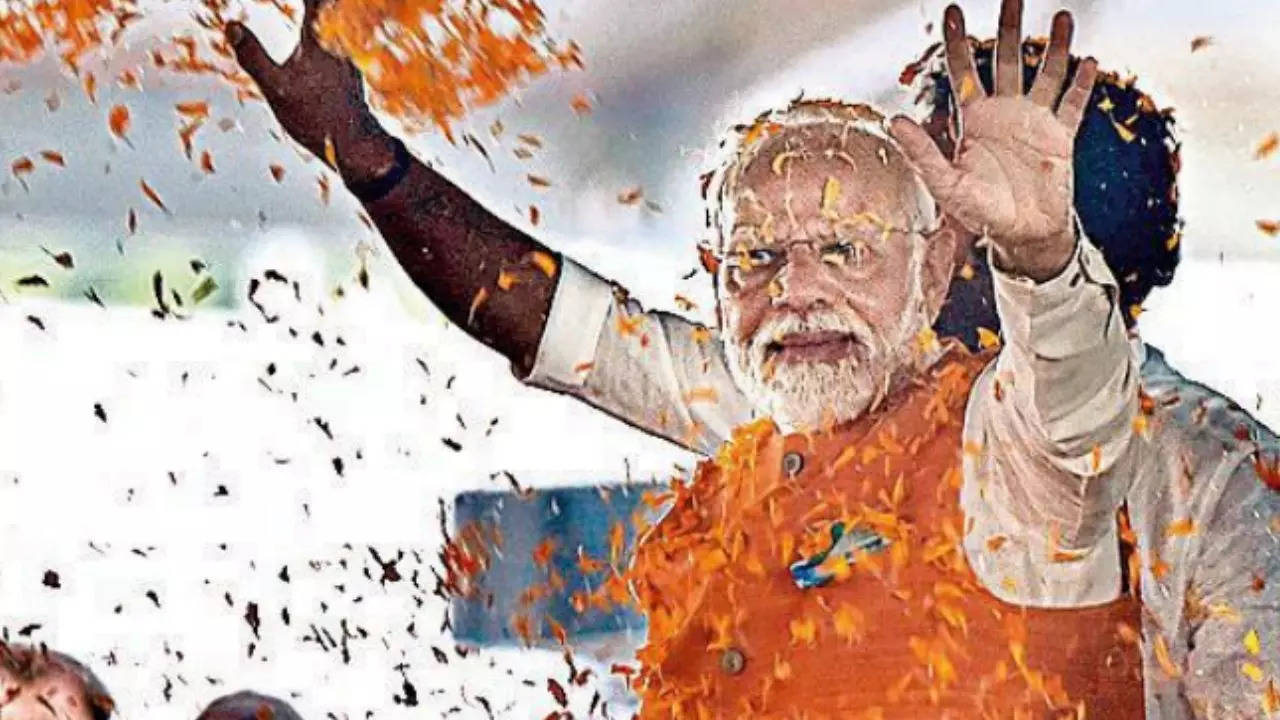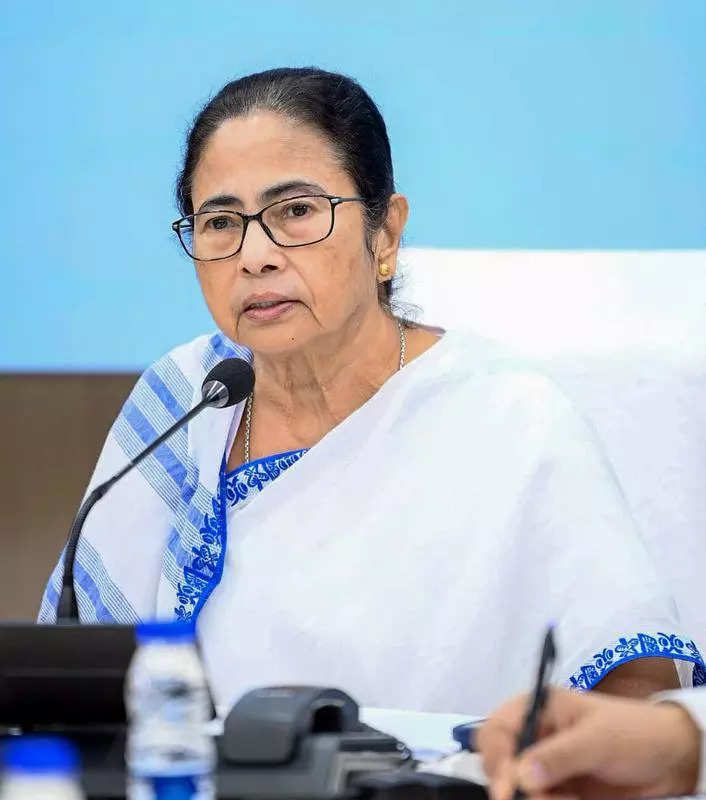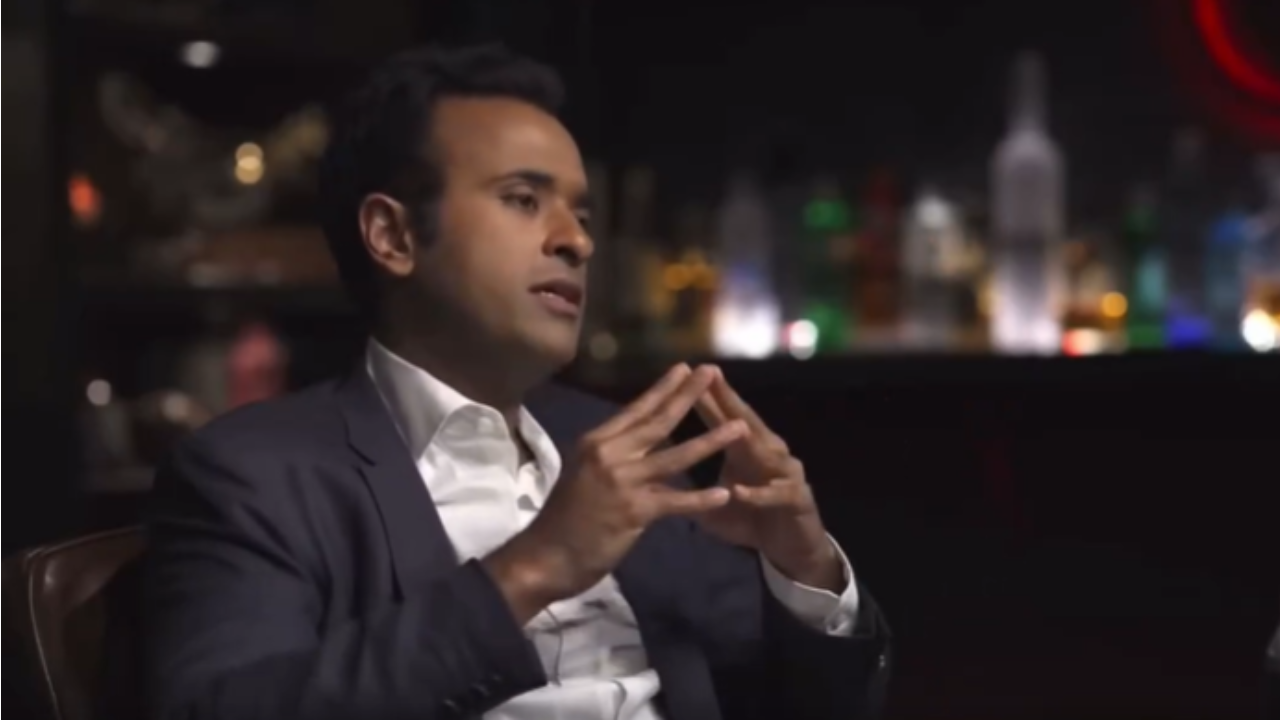2019 World Cup recap: Recalling biggest moments from group stage, semi-finals and England's title win in final
2019 World Cup recap: Recalling biggest moments from group stage, semi-finals and England's title win in final

The 2019 ODI World Cup in England produced one of the most dramatic finishes in the history of the tournament. England beat New Zealand in the World Cup final, via a boundary countback rule, something that had never happened before in a major tournament.
Four years on from that memorable day at Lord’s, the two teams meet again, this time at the Narendra Modi Stadium in Ahmedabad on 5 October, to kickstart the 2023 World Cup.
Also Read | England World Cup history and profile
With the 13th edition of the quadrennial showpiece beginning on Thursday, it’s important to look back at how the 2019 edition progressed.
Participants and format
The number of teams in the 2019 edition went down from 14 to 10. All 10 teams — Hosts England, Australia, New Zealand, South Africa, India, West Indies, Pakistan, Bangladesh, Afghanistan and Sri Lanka, were placed in a single league where each team played the other once in a single round-robin format.
This format was similar to the one employed in the 1992 edition, where the top four teams progressed to the semi-finals, then followed by the final. A total of 48 games were played between 30 May and 14 July.
Also Read | England’s form coming into 2023 World Cup
Group stage
India 7-0 against Pakistan
As is always the case in marquee cricket tournaments, the India vs Pakistan match on 16 June at Old Trafford grabbed the headlines during the group stage of the 2019 World Cup.
India were coming into this game on the back of wins over South Africa and Australia, and a washout against New Zealand.
Against Pakistan, it was an opportunity for India to extend their domination over the arch-rivals in the World Cup. And boy, they did!
Boosted by Rohit Sharma’s 113-ball 140, coupled with Virat Kohli’s 77 and KL Rahul’s 57, the Men in Blue posted 336/5 from 50 overs.
Pressure had already been built on Pakistan midway into the game, and a period of rain only made their situation worse, with Pakistan needing to chase down 302 in 40 overs after DLS method’s activation.
A target of 302 from 40 overs was always going to be a Herculean task for Pakistan, and despite a recovery from Babar Azam (48) and Fakhar Zaman (62), as they forged a partnership of 104 for the second wicket, the batters that followed lacked rhythm, and ended up being restricted to 212/6 from 40 overs.
Kuldeep Yadav was the most impactful bowler for India, with figures of 2/32. Both of his wickets had a say in the game. While he cleaned up Babar in the 24th over, his second wicket came after Fakhar Zaman slog swept towards Yuzvendra Chahal at short fine in the 26th over.
The 89-run win for India meant that they remained unbeaten against Pakistan in ODI World Cups, making it 7-0.
West Indies’ heartbreak against New Zealand
Old Trafford witnessed a World Cup classic on 22 June, when West Indies took on New Zealand.
It was a contest for the ages in modern-day cricket.
Sheldon Cottrell (4/56) was clinical on his day after the Windies opted to field, but even he could not stop Kane Williamson (148) and Ross Taylor (69) from helping the Kiwis to 291/8.
In Windies’ reply, Chris Gayle (87) stepped up when it mattered the most and so did Shimron Hetmyer (54).
Carlos Brathwaite, who had helped Wesst Indies win the T20 World Cup just three years ago, did the heroic turn again for the Windies, scoring 101 from 82 balls. Only this time, it wasn’t meant to be.
West Indies needed eight runs off the last two overs with just one wicket remaining. Three consecutive dot balls from James Neesham put the pressure on the Caribbean side in the 49th over, before Brathwaite eventually reached his century with a couple of runs.
However, a short ball from Neesham to Brathwaite did the trick. Brathwaite went for the pull shot, only to find Trent Boult taking the catch at long-on.
West Indies had fallen short by five runs, and Brathwaite was left in tears, with the New Zealand players consoling him after the game.
Other notable results in the group stage of the 2019 World Cup included Afghanistan coming close against India and Pakistan.
They may have failed to win a single game in the tournament, but it was that fight and never-say-die attitude in them that made Afghanistan a side to be vary of.
Against India, their bowlers did well to restrict the Men in Blue to 224/8, with Gulbadin Naib and Mohammad Nabi picking two wickets each.
However, it was their batters who succumbed under pressure as even Nabi’s half-century could not rescue them, to be dismissed for 213.
Against Pakistan, Asghar Afghan and Nsjibullah Zadran’s knocks led Afghanistan to 227, and in reply, their bowlers led by Mujeeb Ur Rahman and Nabi (Two wickets each), showcased a gritty fightback, but would later succumb to a three-wicket defeat, following batting heroics from Imad Wasim and Wahab Riaz.
Story of a heartbreak in semi-finals
Nobody can forget *that* MS Dhoni runout in the 2019 World Cup semi-final against New Zealand. There have been many iconic moments in the Cricket World Cup, but if you are a New Zealand fan, chances are that this would be on top of your favourite cricketing moments list.
The Indiam bowlers, led by Bhuvneshwar Kumar, put up a collective effort in restricting the Kiwis to 239/8.
This was a game that went into a reserve day a Old Trafford due to rain.
During India’s reply, the Men in Blue got off to their worst possible start, being restricted to 92/6 at one stage.
Enter MS Dhoni. The man who knows a thing or two about winning titles had his task cut out. He was involved in a 116-run partnership with Ravindra Jadeja for the seventh wicket. Things were looking good. Both Dhoni and Jadeja had got to their respective fifties, but in the 49th over, one over after losing Jadeja, Dhoni was run-out at the keeper’s end, following a fine piece of fielding and throw from Martin Guptill from short fine leg. Dhoni had already set off for a single that he completed, and was ready to get going for the second run, only for Guptill to nail the throw and change the script of the game completely.
India were 216/8 following Dhoni’s dismissal and were eventually bundled out for 221.
In the other semi-final, England beat Australia by eight wickets, with Jason Roy, Joe Root and Eoin Morgan helping them chase down 226 with eight wickets to spare.
England’s moment of reckoning
On 14 July, 2019, England’s moment of reckoning finally came. But not in a way most could have predicted. Many would have expected the final of the 2019 World Cup to produce a straightforward result but it was otherwise.
New Zealand won the toss and elected to bat. Henry Nicholls (55) and Tom Latham (47) were at the forefront of the Black Caps batting scorecard, with Kane Williamson (30) making a contribution.
We were witnessing a phenomenal ICC Cricket World Cup Final at Lord’s ???? while the drama continued unfolding on Centre Court, just 11 miles away at @Wimbledon ????
This day in July 2019 truly was a special day in sports history!pic.twitter.com/V6a1eNoj5T
— ICC (@ICC) July 14, 2020
Despite strikes from Chris Woakes and Liam Plunkett (three wickets each), New Zealand had managed to post 241/8.
In reply, James Neesham and Lockie Ferguson picked up three wickets each, while Ben Stokes (84*) and Jos Buttler (59) played pivotal roles, only to take England to the exact same total: 214, after 50 overs.
A Super Over followed. England batted first, and a boundary each from Stokes and Buttler led them to 15 from the over. New Zealand needed 16 runs to win. Whom would England call? Jofra Archer, of course. Archer had been in the form of his life having only made his ODI debut earlier that summer.
Archer began the over with a wide, with his attempt for a wide yorker going a bot beyond the tramline.
On the second ball, Jimmy Neesham whipped over deep midwicket for a six, to raise New Zealand’s hopes. Neesham and Guptill kept rotating strikes with twos, and it came down to the final ball.
Two runs were needed off the final ball, and Guptill was on strike. Guptill did manage a single, but failed to make it in time at the keeper’s end before he could complete the second. Buttler received the throw with precision, to make a diving effort and dismantle the wickets.
It was all over. England had won the World Cup on the back of a boundary countback rule. England had 26 boundaries compared to New Zealand’s 17. For England, it was a joyous occasion, whereas for New Zealand , it was heartbreak, but they went back with their heads held high.



 Admin
Admin 





































